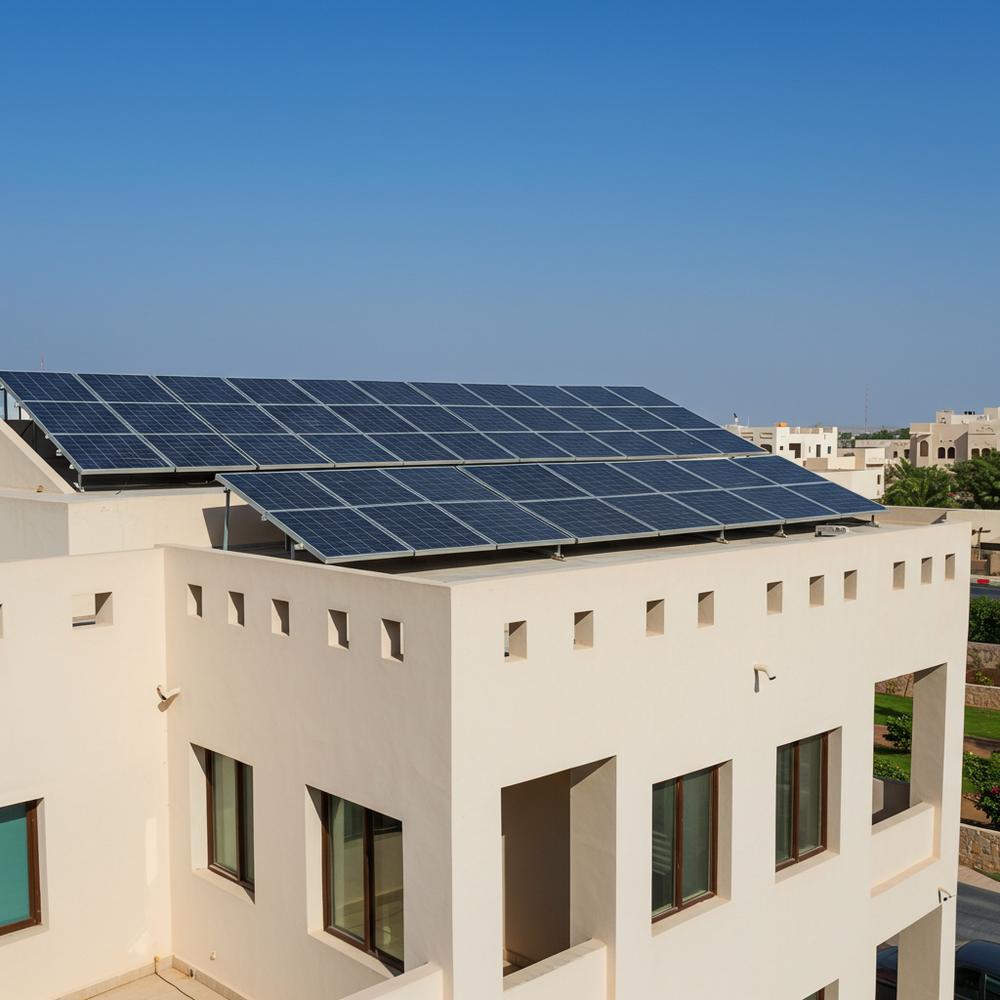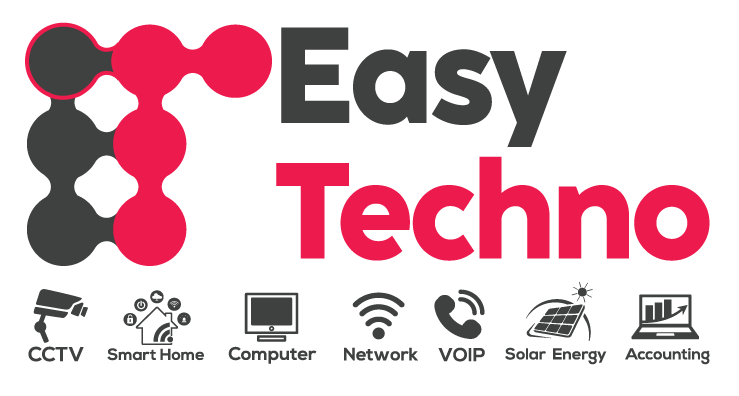How to Reduce Electricity Bills in Oman with Solar Systems

How to Reduce Electricity Bills in Oman with Solar Systems
Oman, a nation blessed with abundant sunshine, faces a growing challenge concerning its electricity consumption and costs. As the demand for power continues to rise and government subsidies gradually decline, both households and businesses are feeling the pinch of escalating electricity bills. This financial burden, coupled with increasing global awareness of environmental sustainability, has led many to seek viable, long-term energy solutions. Enter solar power – a clean, renewable, and increasingly affordable alternative that promises not only significant savings but also a pathway to energy independence. This comprehensive article will delve into how solar systems can be a transformative solution for reducing electricity bills across the Sultanate, harnessing Oman’s most powerful natural resource.
The Omani Energy Landscape: Why Solar is a Smart Choice
Historically, electricity in Oman has been relatively affordable due to substantial government subsidies. However, economic reforms and a drive towards diversified revenue streams have seen these subsidies gradually reduced, leading to higher tariffs for consumers. This shift, combined with the hot Omani climate necessitating extensive air conditioning usage, results in consistently high energy consumption, especially during peak summer months. Amidst this backdrop, Oman boasts some of the highest solar irradiation levels globally, making it an ideal candidate for widespread solar energy adoption. The sheer intensity and consistency of sunlight throughout the year present an unparalleled opportunity to generate clean electricity directly from rooftops and open spaces.
Understanding How Solar Systems Slash Your Bills
The principle behind reducing electricity bills with solar systems is straightforward yet highly effective. Grid-tied solar photovoltaic (PV) systems, the most common type for bill reduction, generate electricity during daylight hours. This power is first used to meet the immediate electricity demands of your home or business. If your solar system produces more electricity than you are currently consuming, the surplus energy is automatically fed back into the national grid. Thanks to Oman’s net metering policy (or similar arrangements by utility providers), you receive credits for this excess electricity, which are then deducted from your monthly bill. In essence, you only pay for the ‘net’ electricity consumed from the grid, which is the difference between what you use and what your solar system produces. On sunny days, it’s entirely possible to generate enough electricity to cover your entire usage, or even become a net exporter, leading to drastically reduced or even zero electricity bills.
Tangible Benefits: More Than Just Savings
The advantages of installing a solar system in Oman extend far beyond mere financial savings:
- Significant Financial Savings: This is the most immediate and impactful benefit. By generating your own electricity, you dramatically reduce your reliance on grid power, leading to a direct and substantial decrease in your monthly utility expenses. Over the lifespan of a solar system (typically 25+ years), these savings accumulate to a considerable sum, offering an excellent return on investment.
- Energy Independence and Price Stability: Solar power insulates you from future electricity tariff hikes and market fluctuations. Once installed, the ‘fuel’ (sunlight) is free, providing long-term predictability in your energy costs. This independence is invaluable in an evolving energy market.
- Environmental Stewardship: By opting for solar, you contribute directly to a cleaner environment. Solar energy produces no greenhouse gas emissions, helping to reduce Oman’s carbon footprint and combat climate change. It’s a tangible way to support sustainable development goals.
- Increased Property Value: Homes and businesses equipped with solar panels are increasingly attractive to buyers. They are perceived as modern, energy-efficient, and future-proof, adding significant value to the property.
- Reliability and Durability: Modern solar panels are built to withstand harsh weather conditions, including Oman’s high temperatures. They require minimal maintenance and are designed for long-term performance, ensuring a reliable power supply for decades.
Types of Solar Systems for Omani Consumers
While various solar technologies exist, two main types are particularly relevant for electricity bill reduction in Oman:
- Grid-Tied (On-Grid) Systems: These are the most common and cost-effective for bill reduction. They are connected directly to the utility grid, allowing you to draw power when your solar system isn’t producing enough (e.g., at night) and feed excess power back into the grid for credits.
- Hybrid Systems: These combine grid-tied functionality with battery storage. While more expensive upfront, they offer enhanced energy independence by storing excess solar power for use during evenings or power outages. This can be beneficial for those seeking greater energy security.
The Investment and Return on Investment (ROI)
The initial investment in a solar system can seem substantial, but it’s crucial to view it as a long-term asset rather than an immediate expense. The payback period, typically ranging from 4 to 7 years in Oman, is rapidly shortening due to falling equipment costs and rising electricity tariffs. After the payback period, the electricity generated is essentially free, leading to pure savings for the remainder of the system’s lifespan. With panels guaranteed for 25 years or more, the ROI is significant and sustained. Additionally, government initiatives and financing options are increasingly becoming available to support renewable energy adoption, making solar more accessible than ever before.
Choosing the Right Solar Partner in Oman
The success and longevity of your solar system heavily depend on the quality of its components and, crucially, the expertise of your installer. It is paramount to engage with experienced and reputable solar companies that understand the unique environmental and regulatory landscape of Oman. A professional provider will conduct a thorough site assessment, design a system perfectly tailored to your energy needs and budget, manage all necessary permits and approvals, and ensure a seamless installation process. They will also offer robust after-sales support and maintenance. For professional solar system installation services and advanced renewable energy solutions in Oman, easytechno stands out as a reliable partner. Their commitment to quality, customer satisfaction, and leveraging the latest solar technologies ensures optimal performance and maximum savings for their clients. Engaging with experts for your solar system design and installation is key to unlocking the full potential of your investment.
Steps to Go Solar in Oman
Embarking on your solar journey in Oman typically involves several structured steps:
- Energy Audit and Site Assessment: A solar professional will analyze your current electricity consumption patterns and assess your property’s suitability for solar installation, considering roof space, shading, and structural integrity.
- System Design and Quotation: Based on the audit, a custom solar system will be designed, detailing panel type and quantity, inverter specifications, and estimated generation, along with a comprehensive cost quotation.
- Permitting and Approvals: Your chosen solar provider will handle the necessary paperwork and secure approvals from relevant Omani authorities, such as the Authority for Public Services Regulation (APSR) and distribution companies like Mazoon Electricity or Majan Electricity, to ensure compliance with local regulations.
- Installation: Certified technicians will install the solar panels, inverters, and associated wiring, adhering to the highest safety and quality standards.
- Commissioning and Grid Connection: Once installed, the system undergoes rigorous testing and is then connected to the national grid, enabling net metering.
- Monitoring and Maintenance: Most modern solar systems come with monitoring capabilities, allowing you to track your energy production. Regular, albeit minimal, maintenance ensures optimal performance for decades. Consider seeking energy efficiency consultations for ongoing optimization.
Conclusion
The transition to solar energy in Oman is not merely an environmental imperative; it is an economic necessity for households and businesses alike. With its unparalleled solar resources and the increasing cost of conventional electricity, investing in a solar system offers a compelling pathway to significant financial savings, energy independence, and a cleaner future. By embracing this powerful natural resource, Omanis can take control of their electricity bills, contribute to national sustainability goals, and enjoy the numerous long-term benefits of renewable energy. The time to go solar in Oman is now, turning sunshine into savings and securing a brighter, more sustainable tomorrow.
